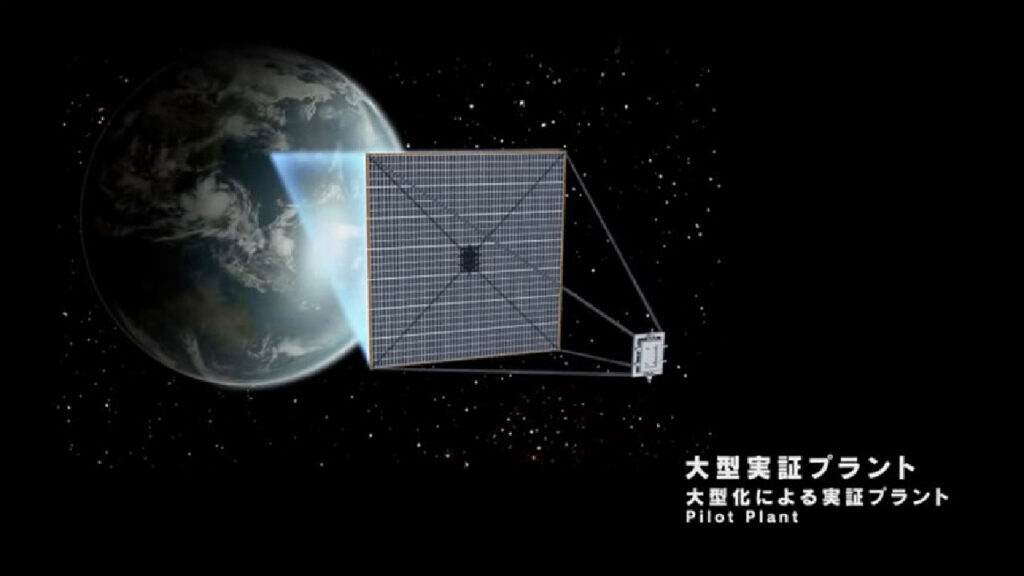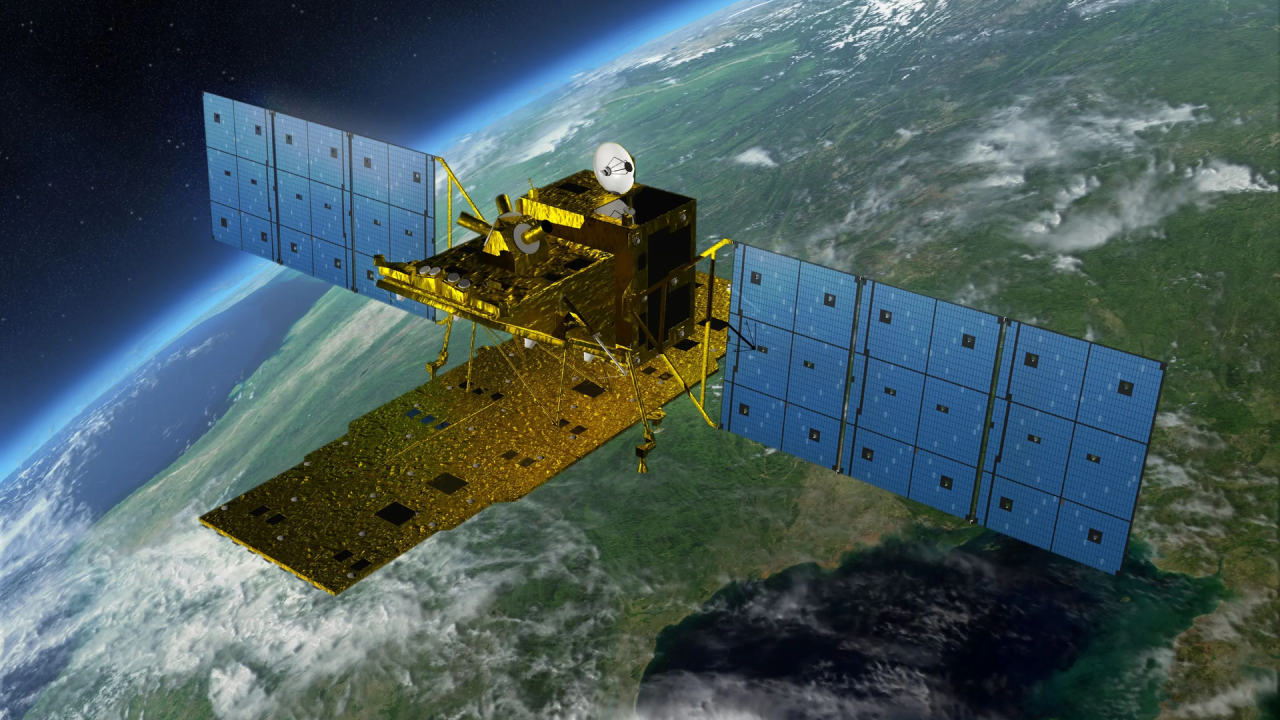Japan, like many other countries, is working on remarkable space projects. For example, Japan has wanted to transfer solar energy to Earth from space for many years. According to the statement made for the big trial on this subject, 2025 is planned. According to a statement made by the Japan Space Research Agency JAXA, a series of small satellites will be placed in orbit as part of a project led by Naoki Shinohara.
Japan estimates the date 2025 for transferring solar energy to Earth
Shinohara is a Kyoto University professor who has been working on space-based solar energy systems since 2009. If all goes according to plan, these satellites will use their panels to send solar energy collected in space to receiving stations on the ground. So why space? After all, we can generate energy, that is, electricity, from the sun on Earth. As far as we know, solar panels in orbit are a potentially unlimited source of renewable energy.

In space, solar panels can harvest energy no matter what time it is. On Earth, there is naturally no generation at night. They also don’t have a cloud barrier in the way they send the energy generated. Solar power plants on Earth experience a huge loss of generation on cloudy days. This is not the case in space. The biggest negative aspect of this infrastructure at the moment is its incredibly high cost. In this context, we have many years ahead of us for the general use of the system.
Japan had previously come to the headlines with a remarkable wooden satellite step in space. For those who missed it, Japan Aerospace Exploration Agency (JAXA) and Kyoto University researchers exposed three types of wood to the harsh space conditions outside the International Space Station. After a 10-month period, they found that the material was unaffected by the surrounding cosmic rays and more.















